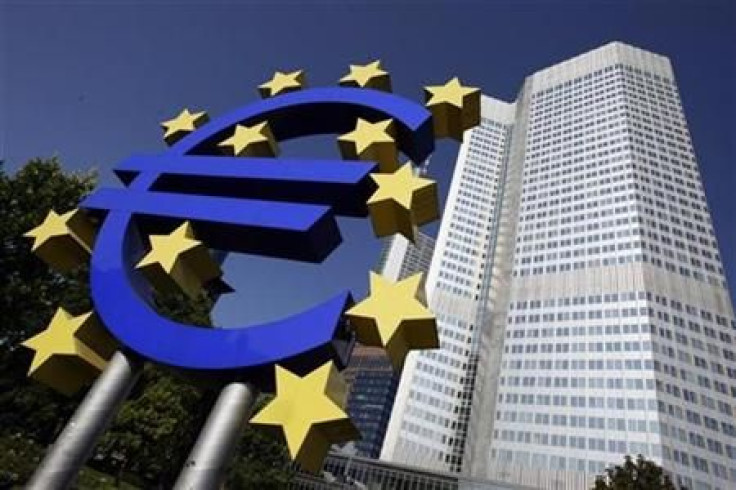Germany Q4 GDP Shrinks 0.2 pc, France Grew 0.2 pc: Gloomy Year Awaits Eurozone

Germany, Europe’s largest economy, saw that its gross domestic product fall 0.2 percent from the third quarter even as France grew 0.2 percent in the fourth quarter.
Both Germany and France performed better than experts' forecast in the fourth quarter. Economists’ median prediction for Germany for the fourth quarter was a 0.3 percent decline while that for France was a 0.2 percent contraction.
Europe's debt crisis has already pushed Greece, Portugal and Belgium into recession, defined as two consecutive quarters of contraction. The Austrian and Spanish economies also contracted in the fourth quarter. While Finland posted a quarterly growth of 0.7 percent, the Netherlands saw shrinking by 0.7 percent following a third quarter contraction of 0.4 percent.
Italy's economy contracted a steeper than expected 0.7 percent towards the end of the past year, throwing the country into a recession which is expected to last for much of 2012. The International Monetary Fund forecasts a full-year contraction of 2.2 percent in 2012.
The data about Germany confirms expectations that the country isn't heading into a recession this year. Confidence in France was undermined in January when it lost its top-notch AAA credit rating, after one of the leading ratings agencies, Standard and Poor's, downgraded the nation's creditworthiness. French corporate investment and exports drove fourth quarter growth. Last month, the French government cut its growth forecast for 2012 to 0.5 percent, from one percent previously.
Greece, whose economy shrank 6.8 percent last year, has agreed to austerity measures needed to secure a second bailout package that will help it stave off default. Euro-area finance ministers nevertheless cancelled a Brussels meeting slated for Wednesday citing a lack of political assurances from Greek leaders.
© Copyright IBTimes 2024. All rights reserved.











